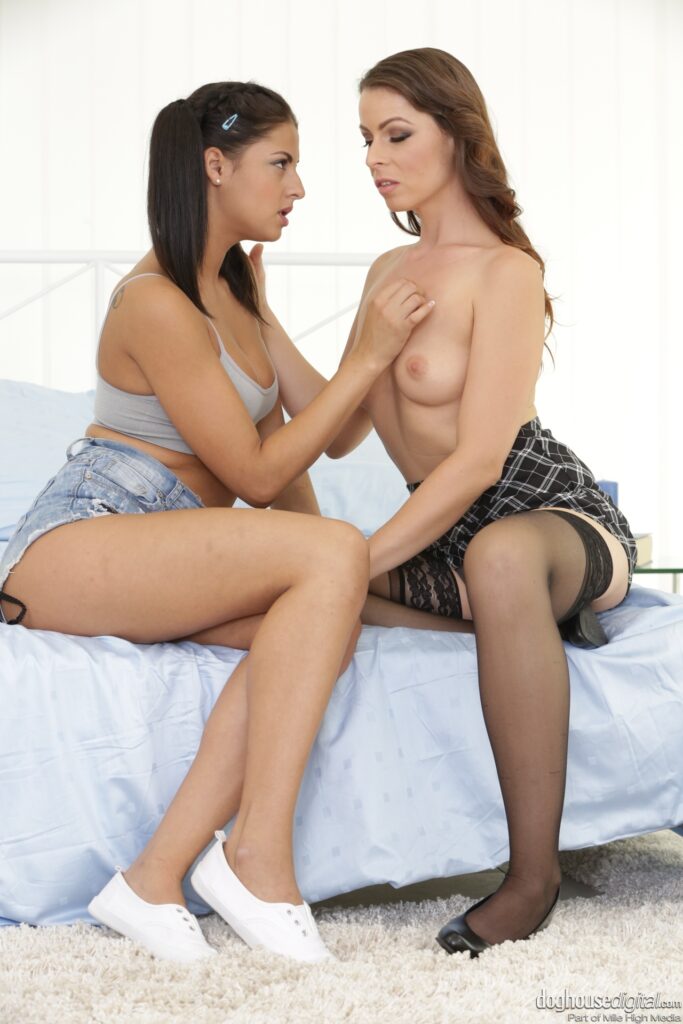Erotic literature, often classified under categories such as “erotic story” or “+18 story,” has been a part of human culture for centuries. From the ancient Greek texts of Sappho to the modern-day romance novels, the genre has evolved and adapted to the changing times and societal norms. However, despite its long history, erotic literature remains a complex and controversial subject.
At its core, erotic literature is a form of storytelling that uses sexual themes and explicit descriptions to drive the narrative. It can be a powerful tool for exploring human desire, relationships, and identity. At its best, erotic literature can be thought-provoking, emotionally resonant, and even transformative. However, it can also be exploitative, objectifying, and degrading, depending on how it is portrayed.
One of the main controversies surrounding erotic literature is the question of censorship. Many argue that explicit sexual content should be restricted or banned, particularly when it comes to minors. Others argue that such censorship is a violation of free speech and artistic expression. This debate raises larger questions about the role of art and literature in society and the extent to which it should be regulated.
Another issue is the portrayal of women in erotic literature. Historically, women in erotic literature have often been objectified and portrayed as passive objects of desire, rather than active participants in sexual encounters. This portrayal reinforces harmful stereotypes about women and their sexuality, and can contribute to a culture of sexual violence and abuse. However, there are also many examples of erotic literature that challenge these stereotypes and offer more nuanced and empowering portrayals of women.
So, how should we approach erotic literature? It’s important to recognize that, like any form of art or literature, erotic literature is not a monolith. There are many different sub-genres, styles, and perspectives within the genre, and it’s up to individual readers to seek out and support the works that align with their values and beliefs.
At the same time, it’s important to be critical and thoughtful in our consumption of erotic literature. We should ask ourselves questions about the portrayal of women, consent, and power dynamics in the works we read. We should also be mindful of the potential impact of explicit free adult videos sexual content on our own mental and emotional well-being.
In conclusion, erotic literature is a complex and controversial subject, with the potential to both challenge and reinforce harmful stereotypes and norms. As readers, it’s up to us to approach the genre with a critical and thoughtful eye, seeking out works that offer nuanced and empowering portrayals of sexuality and relationships. By doing so, we can help to promote a culture of consent, respect, and empowerment, both in and outside of the pages of our books.













